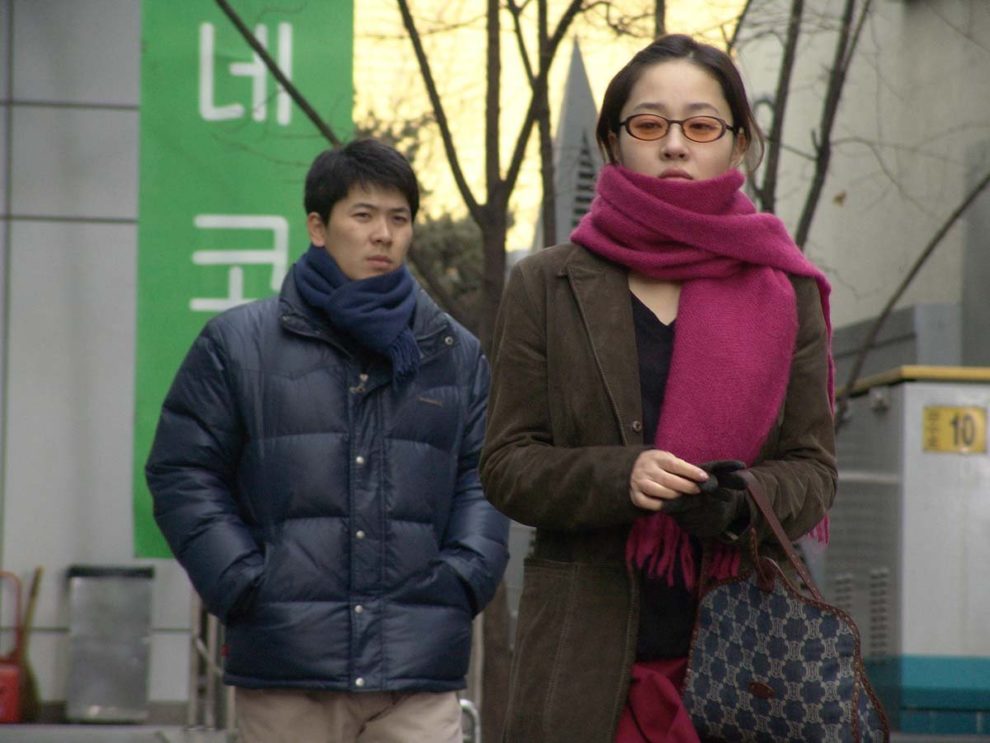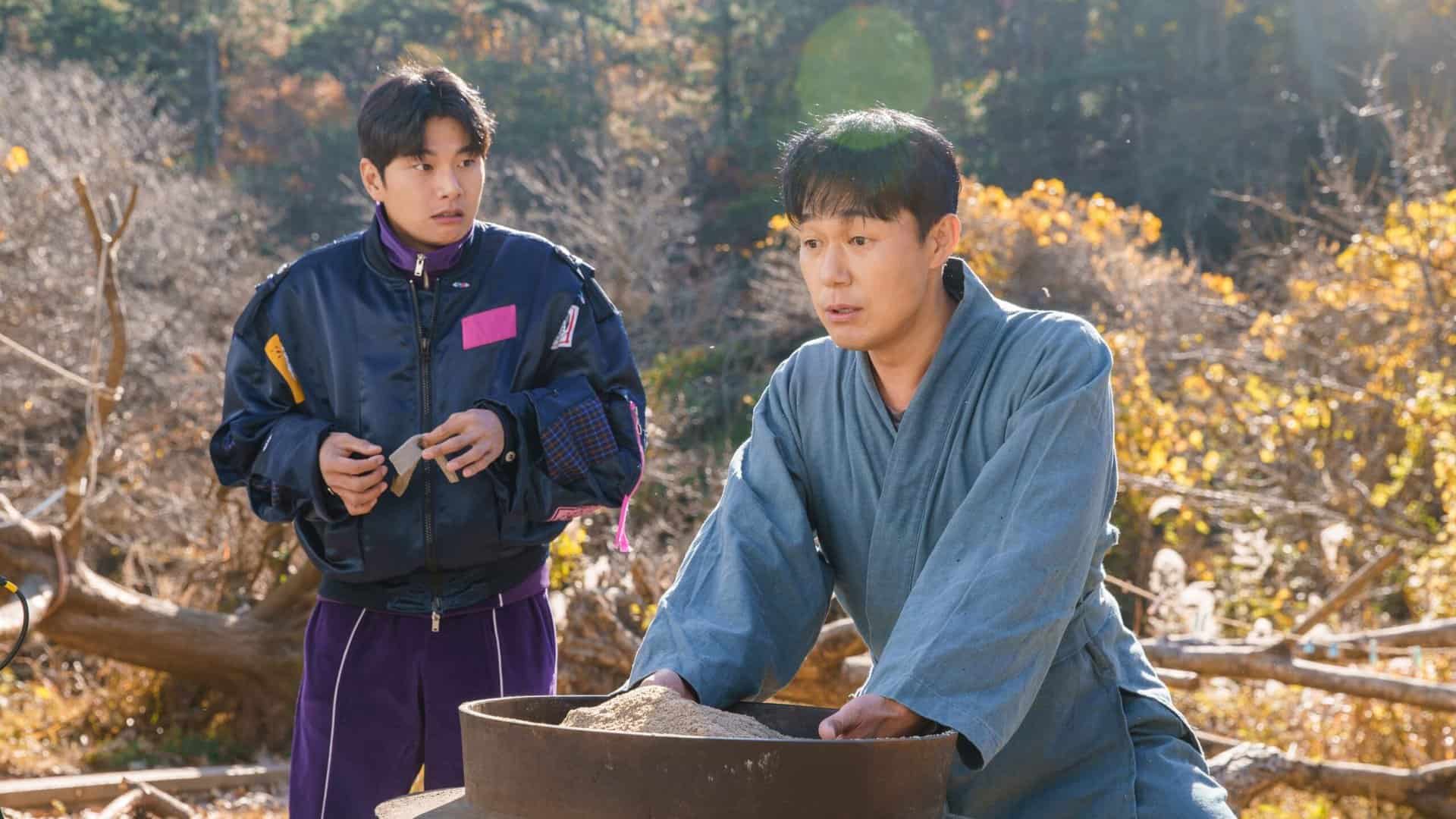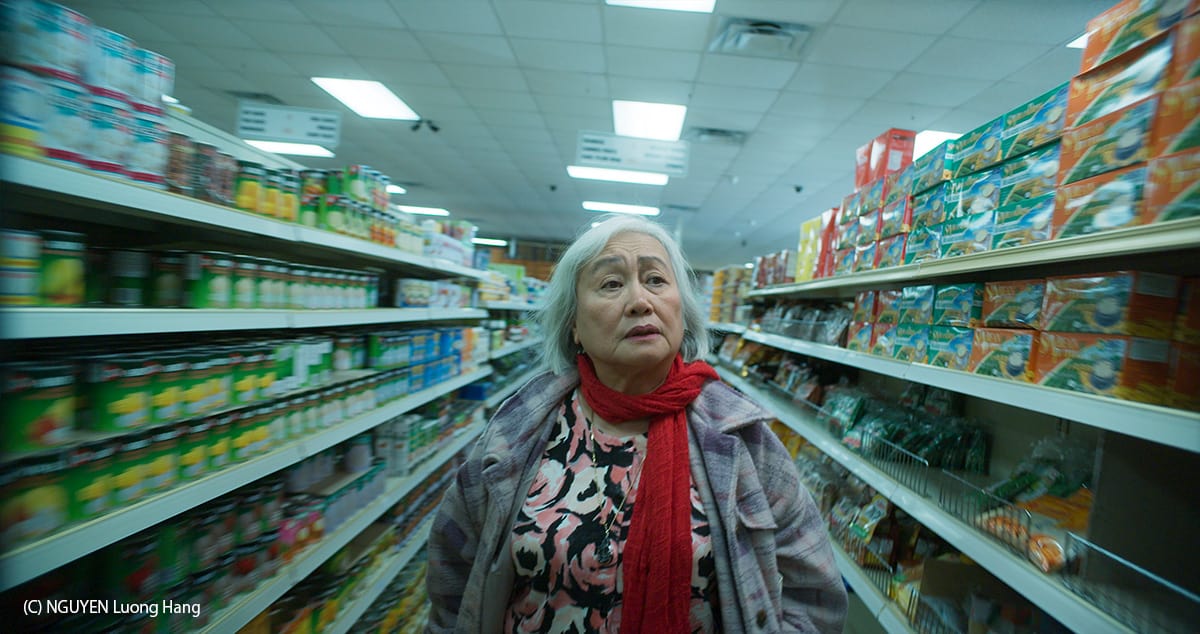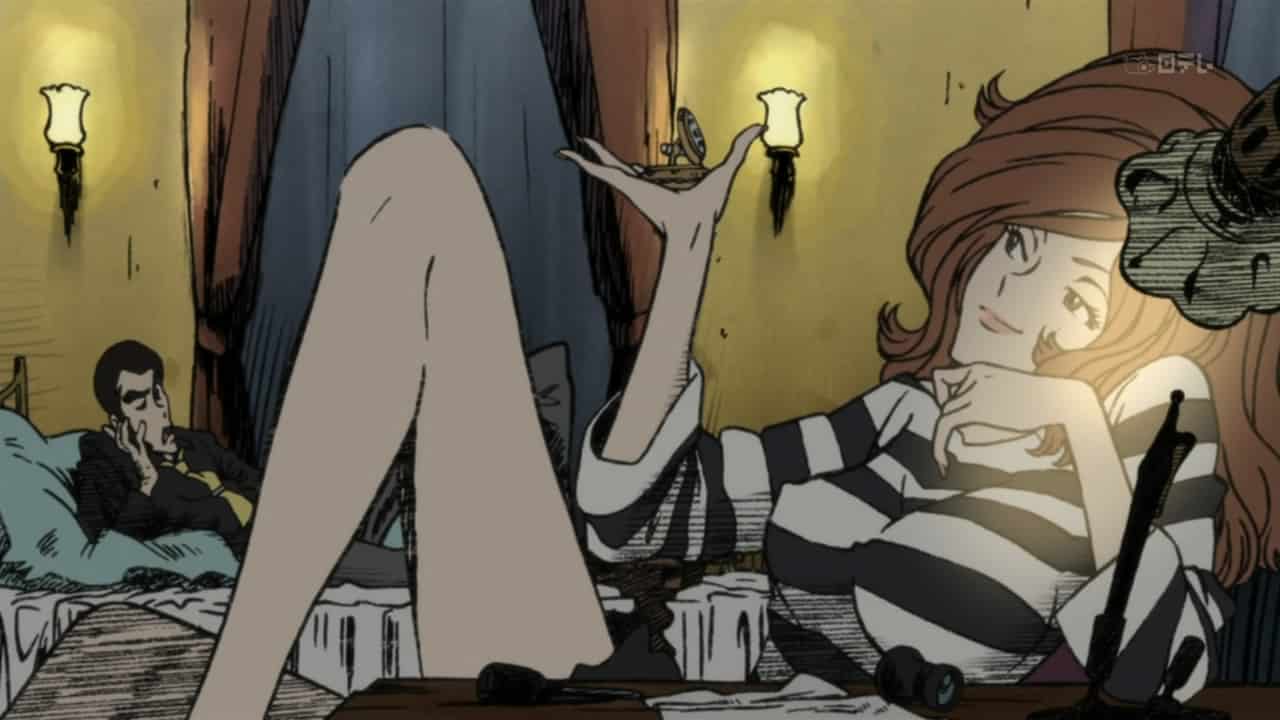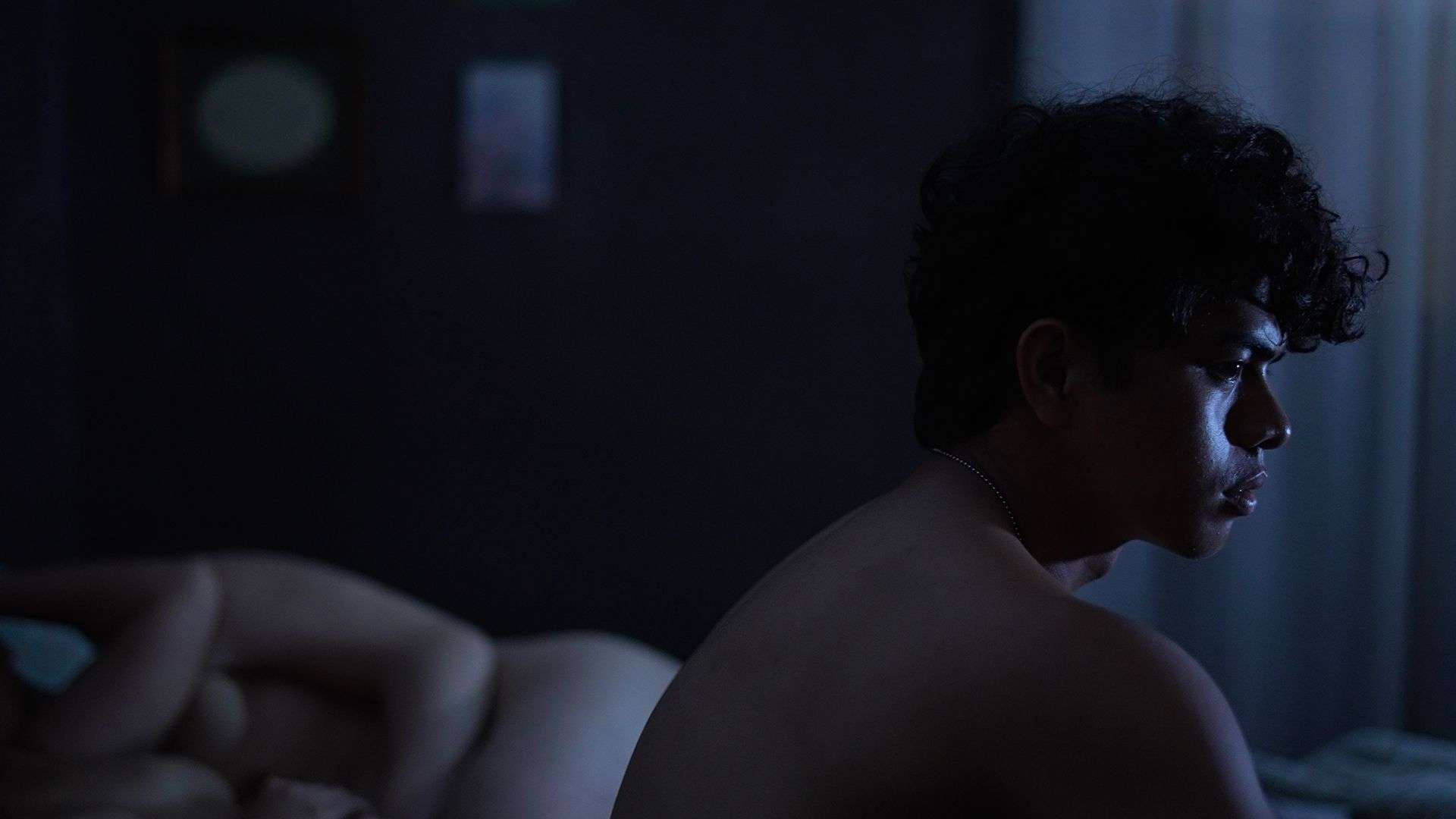As most audiences and fans would be well aware, Hong Sang-soo has a style entirely his own which he has stayed true to for several projects of his, and from which he rarely deviates, if at all. While evidence of this style can be traced all the way back to his debut “The Day a Pig Fell into the Well”, it was in his sixth feature “Tale of Cinema” that you see it manifested in its fully developed form for the first time.
“Tale of Cinema” is streaming on MUBI
This feature is like two tales in one, with the first half focusing on Sang-won and Yeong-sil, two old acquaintances whose feelings for each were never requited in the past who end up meeting coincidentally. Old feelings bubble up and after a few drinks and food, the two end up in bed. However, after a few unsuccessful attempts at sex, both their suicidal tendencies are revealed and the two decide to commit suicide together. The second part of the narrative completely changes the reality of the first part as we know it, as it's revealed that the first story was indeed a film-within-a-film and we are introduced to Kim Dong-soo, a director not having much success, who meets Young-shil, the actress of the earlier film, and immediately thinks that he has fallen for her. Over a meal and soju, Dong-soo informs her that the films she acted in is actually based on his own life story.
Hong Sang-soo has since made cinema that seems to imitates his own life but in “Tale of Cinema”, we see him playfully letting his characters imitate their own life from cinema. To that effect, the whole film-within-a-film trope works extremely well. The audience is never quite confident whether the movie the characters saw is indeed inspired by Dong-soo's life, but we certainly see him try to emulate the journey that Sang-won goes on, right from confronting Yeong-sil in the same place that Sang-won met her down to going to the same hotel that Sang-won and Yeong-sil ended up in. Whether this is from memory or life imitating the movie they just saw or indeed mere happenstance is for the audience to interpret.
Hong transitions the narrative seamlessly between the two stories, in an almost organic fashion, to the point that audiences are left joyously wondering where art stops and life starts for a while. He also infuses it with several of his trademarks: long shots, extended scenes of eating and drinking (even if they are of a lesser quantity that what we have come to expect from a Hong feature since), deadpan humour and the abrupt cuts to sex scenes. The use of zoom, thanks to DOP Kim Hyeong-gu, is a bit jarring at times and used to a varying range of success and one can only be glad that Hong has since managed to master this technique on its way to becoming one of his trademarks. Music, once again, is economically but effectively used, with the use of the classical track to score the first meeting of Dong-soo and Yeong-Sol particularly being an unusual but oddly functional choice.
The story is such that it doesn't require anything fancy from its actors, but the acting from all three leads focuses on being realistic rather than flashy. Kim Sang-kyung, Hong's lead in “On the Occassion of Remembering the Turning Gate” earlier, joins up as Dong-soo and gets the majority of the screen-time. Dong-soo is ultimately a loser of sorts and Kim manages to make this loser an annoyingly charming one. Both Lee Ki-woo and Uhm Ji-won make their only appearances in a Hong Sang-soo production and while Lee gives Sang-won a schoolboy-like appeal, it is Uhm Ji-won who deserves praise for her portrayal of Yeong-sil in both parts of the story. She is required to play both a young adult and a version of hers several years older and she manages to do both convincingly.
“Tale of Cinema” ends being a charming early entry in Hong's oeuvre that is far breezier than its predecessors and a good example of the style and substance that the director would go on to adapt consistently. From his earlier works, this is certainly one of the most accessible entry point into his works.


